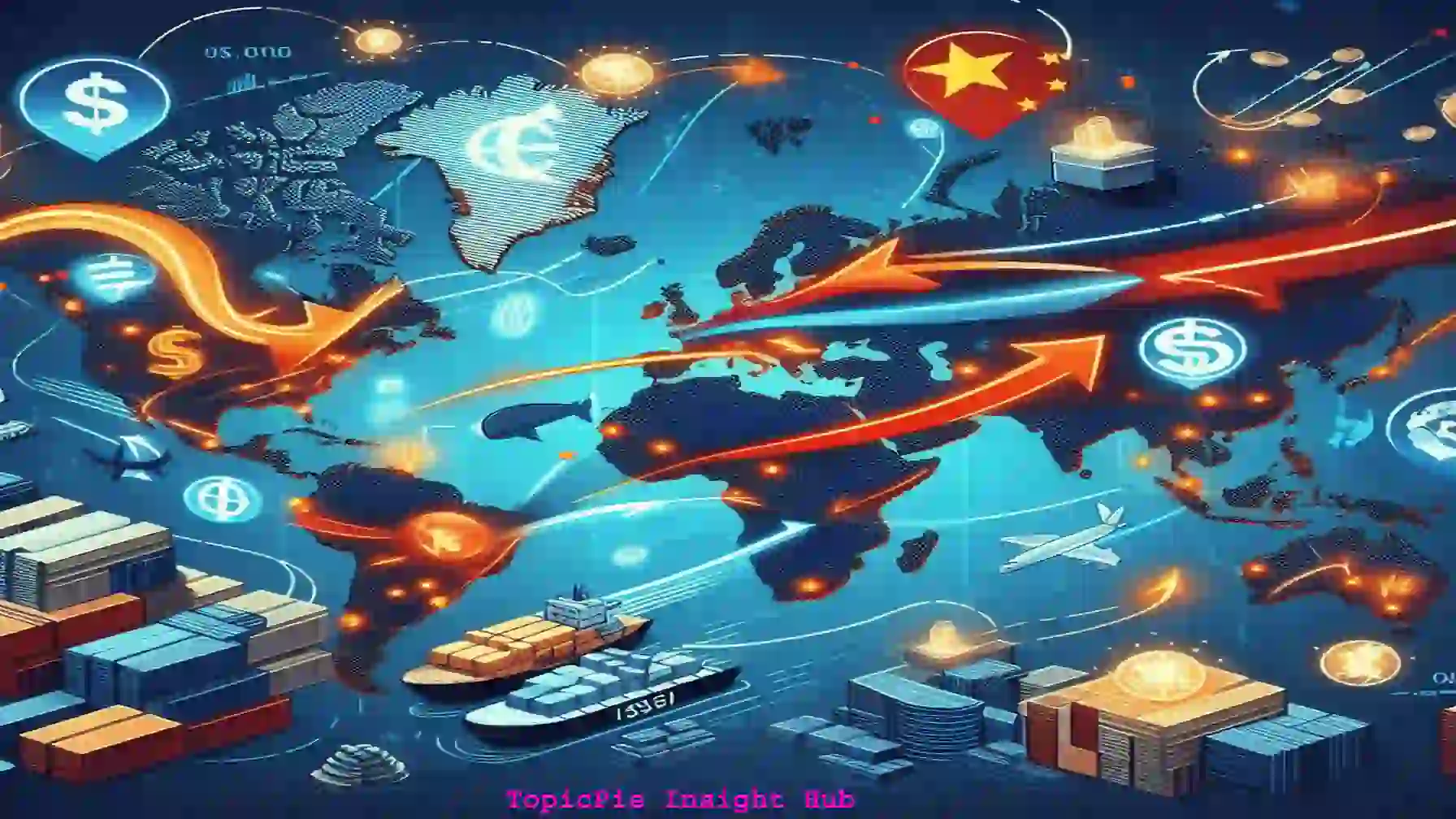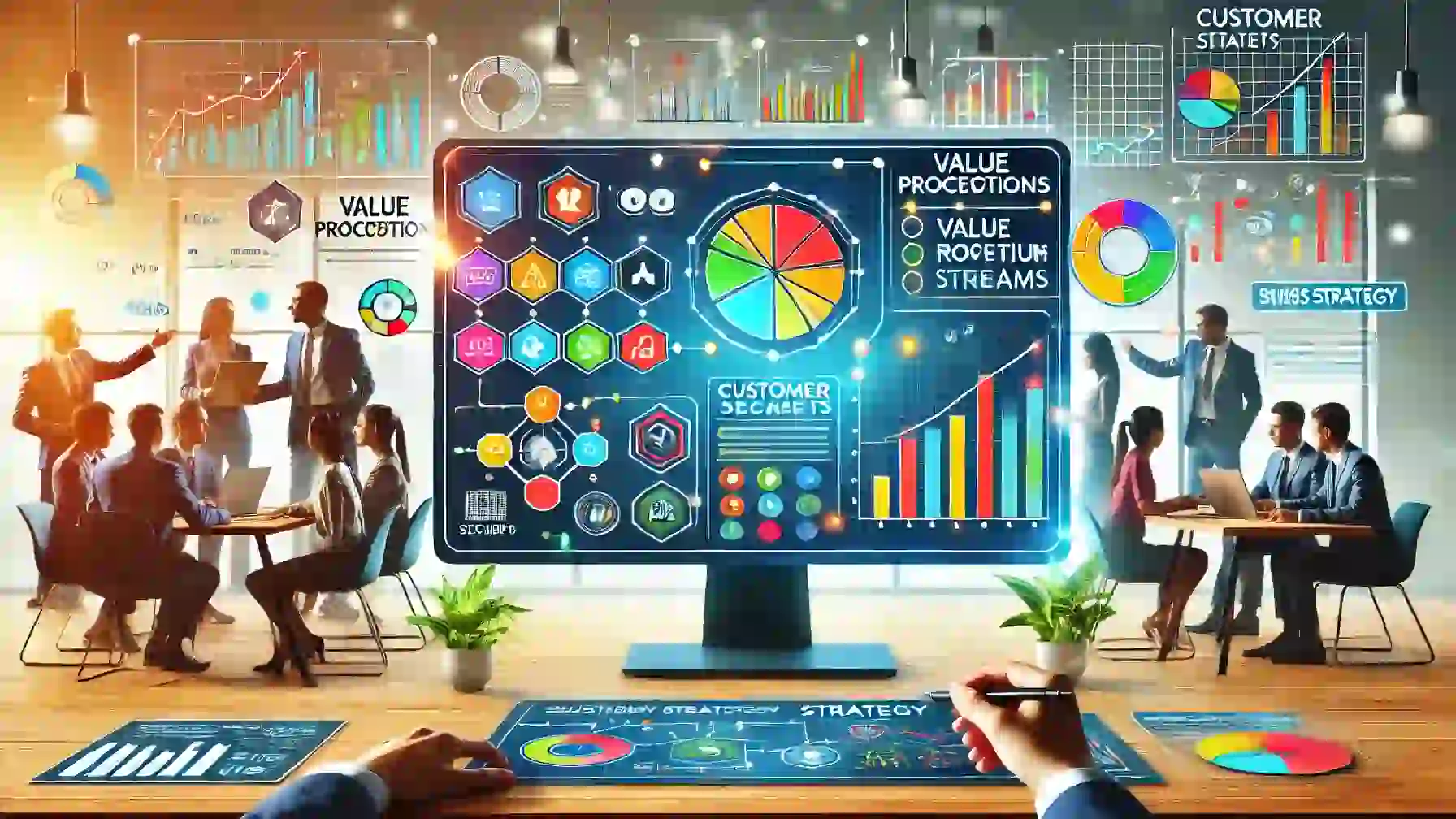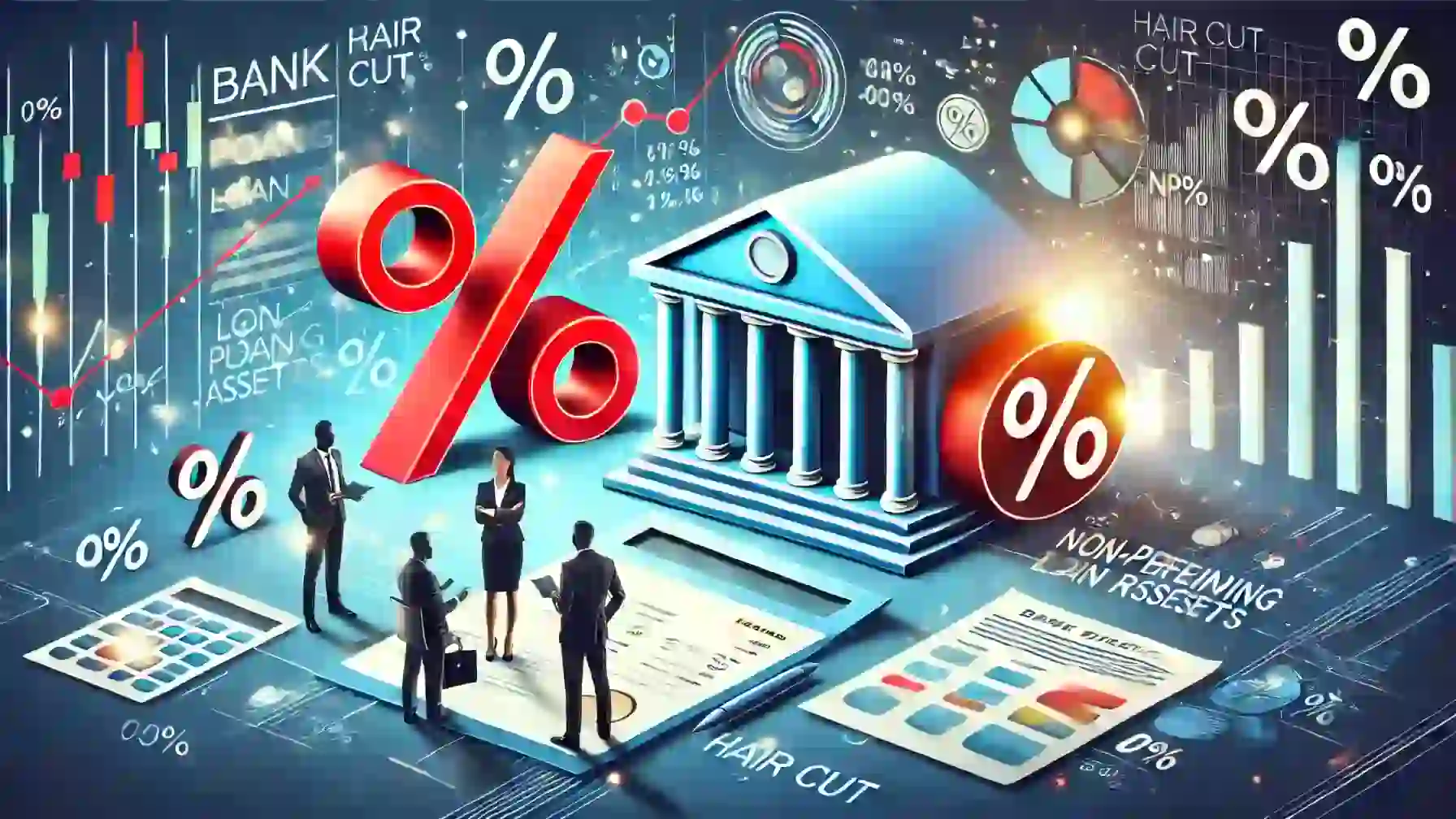The global economic outlook is a complex tapestry, woven from the threads of international trade, political stability, and technological advancements. But have you ever wondered how a political conflict on the other side of the world can impact the price of your groceries? In today’s interconnected world, geopolitical events cast a long shadow over the global economic outlook.
This blog post, aimed at anyone with a curious mind about economics, will embark on a journey to explore this fascinating relationship. We’ll dissect how geopolitical events like trade tensions and regional conflicts can influence global economic growth. By analyzing insights from leading economic organizations, we’ll gain a deeper understanding of the forces shaping the global economic outlook. So, buckle up and join us as we uncover the intricate connections between geopolitics and economic prosperity. Let’s dive in!
Overview of Global Economic Prospects:
The global economic prospects are constantly evolving, influenced by a myriad of factors such as trade tensions, geopolitical events, and technological advancements. As we navigate through an interconnected world, the performance of major economies like the US, China, and Europe significantly impacts the overall outlook.
In recent years, the global economy has shown resilience despite challenges like Brexit uncertainty and slowing growth in key markets. The rise of emerging economies continues to shape the landscape of international trade and investment flows.
Also Read: Hotel Management Courses: Your Gateway to a Thriving Career in Hospitality
With digital transformation driving innovation across industries, there is a growing emphasis on sustainable development goals and green initiatives to foster long-term economic stability. As we look ahead, adapting to changing consumer preferences and disruptive technologies will be crucial for sustained growth on a global scale.
Global Economy Performance Trends
As we delve into the realm of global economic performance trends, it is evident that the landscape is continuously evolving. From shifts in trade policies to advancements in technology, various factors play a pivotal role in shaping the economic outlook on a global scale.
Countries worldwide are experiencing fluctuations in growth rates and inflation levels, impacting their overall economic stability. The interconnectedness of economies has made it crucial for nations to adapt swiftly to changing circumstances and market conditions.
Moreover, consumer spending patterns and investor sentiment also contribute significantly to the ebb and flow of the global economy. Understanding these trends can provide valuable insights into how different regions are faring economically and what potential challenges lie ahead.
In this dynamic environment, staying informed about global economic performance trends is essential for businesses, policymakers, and individuals alike. By keeping abreast of these developments, one can better navigate uncertainties and capitalize on opportunities that arise.
Impact of Geopolitical Events on Global Economic Outlook
Geopolitical events play a significant role in shaping the global economic outlook. Recent developments such as trade tensions between major economies, political uncertainties, and geopolitical conflicts have all contributed to fluctuations in the global economy.
The trade war between the US and China has had ripple effects worldwide, impacting supply chains and consumer confidence. Brexit negotiations have created uncertainty in European markets, leading to cautious investment decisions.
Geopolitical tensions in regions like the Middle East can disrupt oil supplies, affecting energy prices globally. Political instability can deter foreign direct investments and hinder economic growth prospects for countries involved.
In today’s interconnected world, it is crucial for policymakers and investors to closely monitor geopolitical events’ impact on economic indicators such as GDP growth, inflation rates, and employment levels. By understanding these dynamics, stakeholders can better navigate volatile market conditions.
Analysis of Recent Geopolitical Events
Recent geopolitical events have had a significant impact on the global economic outlook. Tensions between major economies like the US and China, Brexit uncertainties in Europe, and conflicts in the Middle East all play a role in shaping economic forecasts.
Trade disputes between the US and China have led to tariffs being imposed on billions of dollars worth of goods, affecting supply chains worldwide. The uncertainty surrounding Brexit has created instability for businesses operating in Europe as they navigate potential trade disruptions.
Additionally, political tensions in oil-rich regions have influenced energy prices globally, impacting inflation rates and consumer spending patterns. Geopolitical events can lead to market volatility and affect investor confidence.
It is essential for policymakers and economists to closely monitor these developments to anticipate their potential repercussions on economic growth. Geopolitics will continue to be a key factor influencing the global economic landscape moving forward.
Geopolitical Influences on Economic Growth
Geopolitical influences play a significant role in shaping the global economic landscape. Tensions between countries, trade disputes, and political instability can create uncertainty that impacts investment decisions and trade flows.
For example, the recent tariff wars between major economies have disrupted supply chains and contributed to slower economic growth. Additionally, geopolitical events such as conflicts or natural disasters can disrupt production and distribution channels, leading to short-term downturns in economic activity.
Moreover, political decisions regarding regulations, sanctions, or alliances can also affect market sentiment and investor confidence. The interconnected nature of today’s global economy means that events in one part of the world can have far-reaching consequences for businesses and consumers worldwide.
Understanding how geopolitics influences economic growth is crucial for policymakers and businesses alike to navigate these challenges effectively. By staying informed about geopolitical developments and their potential impact on markets, stakeholders can make more informed decisions to mitigate risks and capitalize on opportunities in an ever-changing environment.
Insights from Leading Economic Organizations:
When looking to understand the global economic outlook, insights from leading economic organizations play a crucial role in providing valuable analysis and forecasts. Organizations like the World Bank, OECD, and IMF are at the forefront of monitoring and analyzing economic trends on a global scale.
The World Bank’s Global Economic Prospects report offers comprehensive assessments of key macroeconomic developments impacting countries worldwide. Through their research and projections, they provide essential information for policymakers, businesses, and investors seeking to navigate the complex dynamics of the global economy.
Similarly, the Organization for Economic Co-operation and Development (OECD) releases regular Economic Outlook reports that offer in-depth analysis of major economic trends across member countries. Their assessments help shed light on potential risks and opportunities shaping the future economic landscape.
Additionally, the International Monetary Fund (IMF) publishes its renowned World Economic Outlook which provides detailed analysis of global economic conditions. By examining factors such as GDP growth rates, inflation levels, trade patterns, and more, the IMF contributes valuable insights into understanding how geopolitical events impact economies worldwide.

World Bank Global Economic Prospects
The World Bank Global Economic Prospects report provides valuable insights into the current and future economic landscape worldwide. By analyzing key indicators and trends, the World Bank offers a comprehensive view of global economic prospects.
This report examines factors such as GDP growth, inflation rates, trade dynamics, and investment patterns to assess the health of economies across different regions. It also highlights potential risks and challenges that could impact overall economic performance.
Furthermore, the World Bank’s analysis helps policymakers, businesses, and investors make informed decisions by identifying opportunities for growth and areas that require attention. With its in-depth research and data-driven approach, the World Bank plays a crucial role in shaping discussions on global economic development.
OECD Economic Outlook
The OECD Economic Outlook provides valuable insights into the global economic landscape, offering in-depth analysis and projections. This influential organization examines trends across member countries and beyond, shedding light on key indicators and potential risks.
Their reports cover a wide range of economic factors, from growth forecasts to inflation rates and employment figures. By delving into these details, the OECD helps policymakers, businesses, and investors make informed decisions in an ever-changing world.
With a focus on promoting sustainable growth and well-being for all, the OECD’s assessments play a crucial role in shaping international economic policies. Their recommendations aim to foster stability while addressing challenges such as trade tensions or environmental concerns.
The OECD Economic Outlook serves as a vital tool for understanding current economic conditions and anticipating future developments.
IMF World Economic Outlook
The IMF World Economic Outlook provides valuable insights into the global economic landscape. This report offers a comprehensive analysis of key economic indicators and trends worldwide, helping policymakers and businesses anticipate potential challenges and opportunities.
One significant aspect highlighted in the IMF report is the impact of geopolitical tensions on economic stability. Geopolitical events such as trade conflicts and political uncertainties can have far-reaching consequences on financial markets and investor confidence, influencing overall growth prospects.
Moreover, the IMF assesses various regions’ growth projections based on factors like fiscal policies, monetary measures, and structural reforms. By monitoring these indicators closely, stakeholders can better understand how different economies are positioned for future developments.
Staying informed about the IMF World Economic Outlook is crucial for staying abreast of global economic trends and making well-informed decisions in an ever-changing financial environment.
Weekly Global Economic Updates:
Staying informed about the latest global economic updates, provided through regular reports from organizations like Deloitte and KPMG, is crucial for understanding the ever-evolving landscape of the world economy.
Deloitte’s weekly economic insights provide valuable analysis and trends that can help businesses adapt their strategies accordingly. From shifts in trade policies to emerging market opportunities, these updates offer a comprehensive view of what’s happening on a global scale.
KPMG’s global economic updates focus on key indicators like GDP growth, inflation rates, and unemployment figures across various regions. By keeping track of these metrics, investors can make more informed decisions about where to allocate resources for optimal returns.
These weekly reports serve as a vital tool for decision-makers looking to navigate through uncertain times and capitalize on emerging opportunities in the global marketplace. Stay tuned to these updates to stay ahead of the curve in today’s interconnected world economy.
Deloitte’s Weekly Economic Insights
Deloitte’s Weekly Economic Insights provide valuable analysis on key economic trends and developments around the globe. Their reports offer a deep dive into various sectors, highlighting opportunities and challenges for businesses in today’s dynamic market environment.
By examining data from different regions and industries, Deloitte helps readers understand how geopolitical events impact economic performance. This information is crucial for companies looking to make informed decisions amidst uncertainty.
Through their expert commentary and forecasts, Deloitte equips professionals with the knowledge needed to navigate complex economic landscapes. Their insights serve as a compass for strategic planning and risk management, enabling organizations to stay ahead of market shifts.
With a focus on real-time updates and forward-looking perspectives, Deloitte’s Weekly Economic Insights are essential reading for anyone seeking a comprehensive understanding of the global economic outlook.
KPMG Global Economic Updates
KPMG’s Global Economic Updates provide valuable insights into the ever-evolving economic landscape. With a focus on analyzing key trends and developments, KPMG offers a fresh perspective on the global economy.
Their reports delve deep into various sectors and regions, highlighting potential risks and opportunities for businesses worldwide. By staying abreast of KPMG’s updates, industry professionals can make informed decisions in an uncertain market environment.
From trade tensions to technological advancements, KPMG covers a wide range of topics that impact the global economic outlook. Their expert analysis helps stakeholders navigate challenges and capitalize on emerging trends in today’s interconnected world.
Whether it’s discussing fiscal policies or market disruptions, KPMG’s Global Economic Updates are a go-to resource for those seeking timely and reliable information to stay ahead in an increasingly complex economic landscape.
Conclusion and Future Trends:
The global economic outlook is intricately linked to geopolitical events that unfold across the world. Recent trends and analyses from the World Bank, OECD, and IMF highlight significant impacts on economic growth. Looking ahead, rising nationalism and climate change could further shape the global economic landscape.
Also Read: The Top Benefits of Forex Trading Online for Investors
Moving forward, it is crucial for businesses and policymakers to closely monitor geopolitical developments and their potential effects on the global economy. By staying informed through regular updates provided by firms like Deloitte and KPMG, stakeholders can make more strategic decisions in response to changing conditions. Proactive monitoring and analysis can help mitigate risks and identify opportunities for sustainable growth in the future. Stay informed, stay vigilant – this is key to navigating the dynamic global economic environment ahead. We encourage you to explore the resources mentioned throughout this post to delve deeper into specific topics and gain a more comprehensive understanding of the interplay between geopolitics and the global economy.








